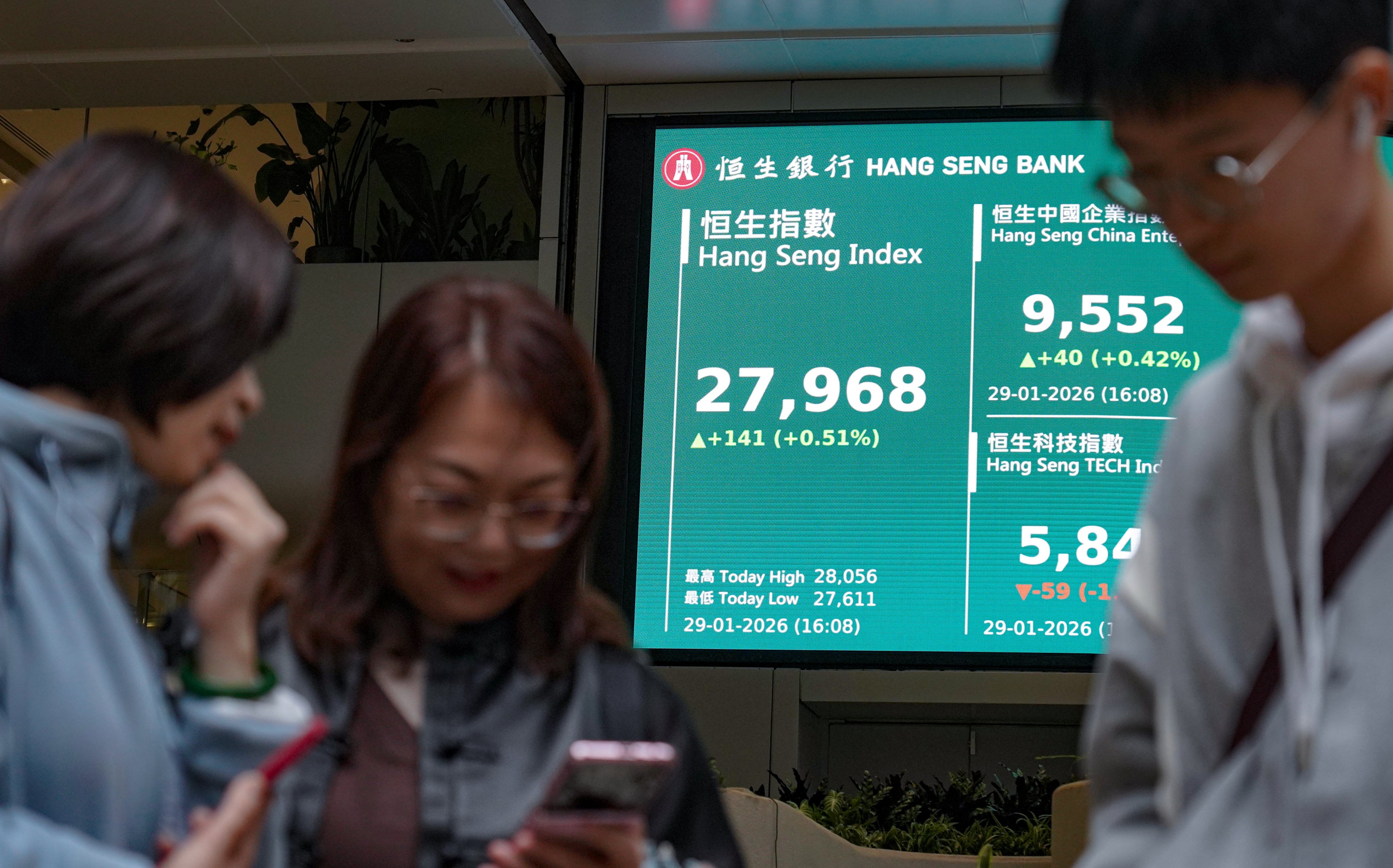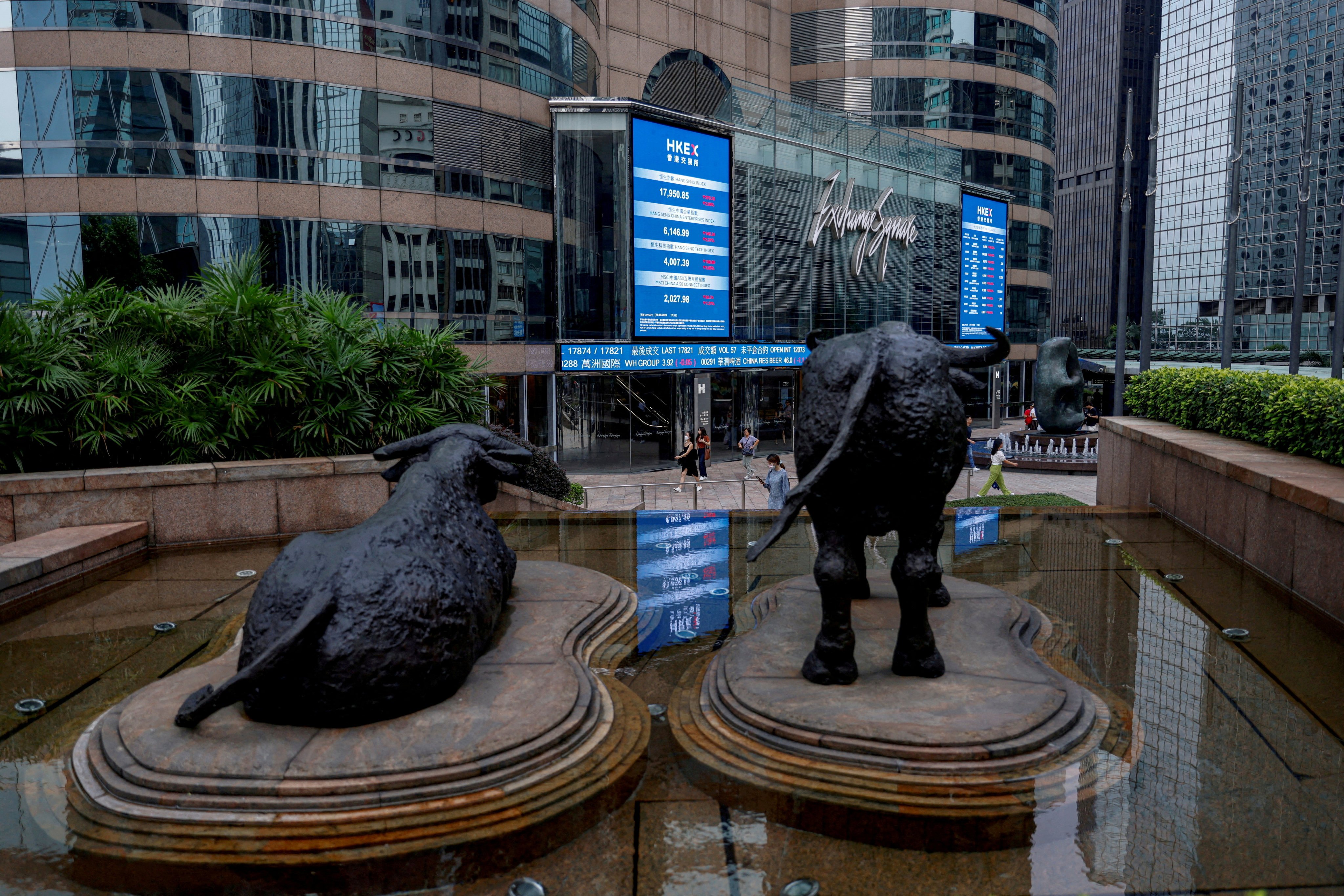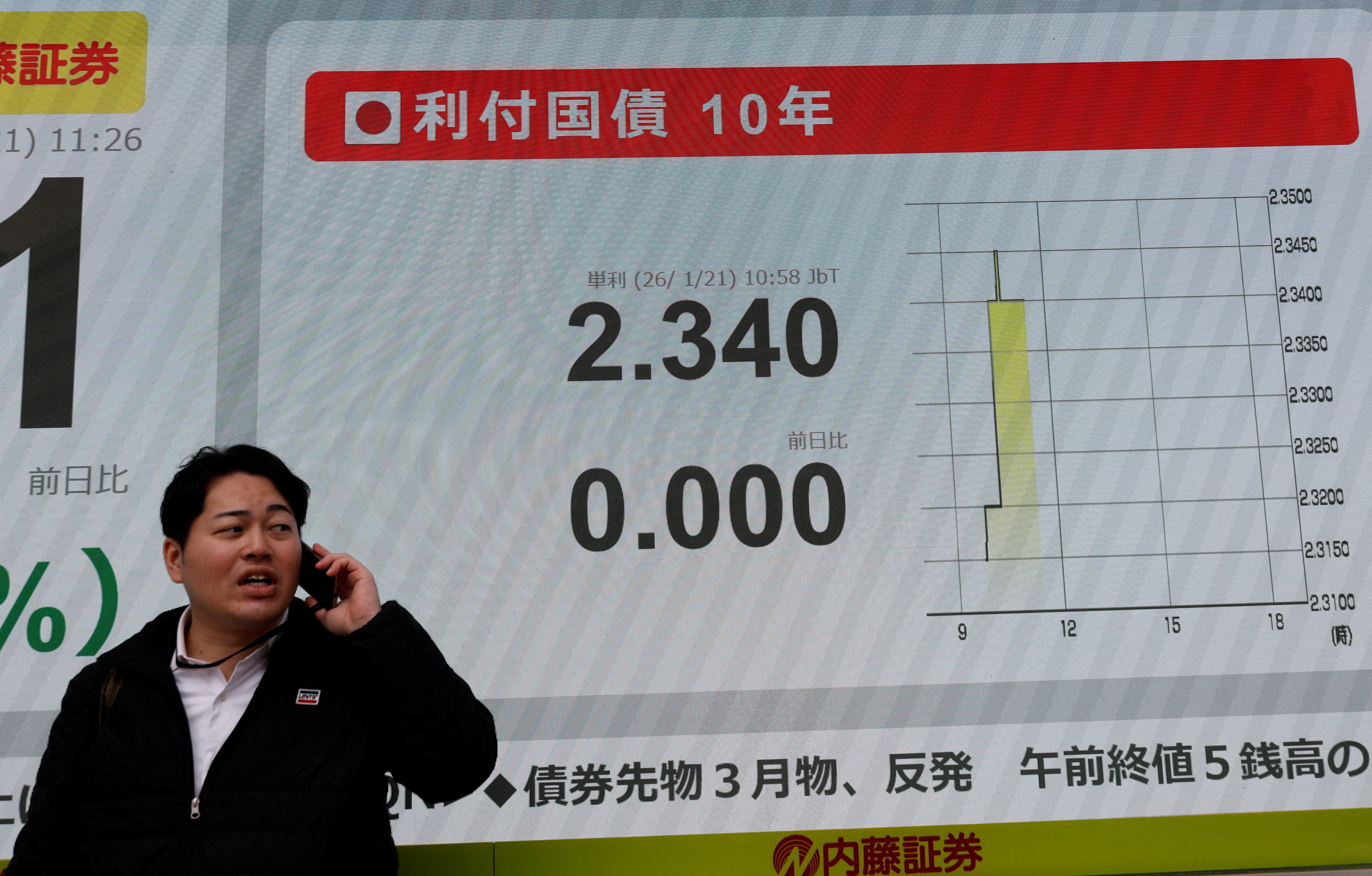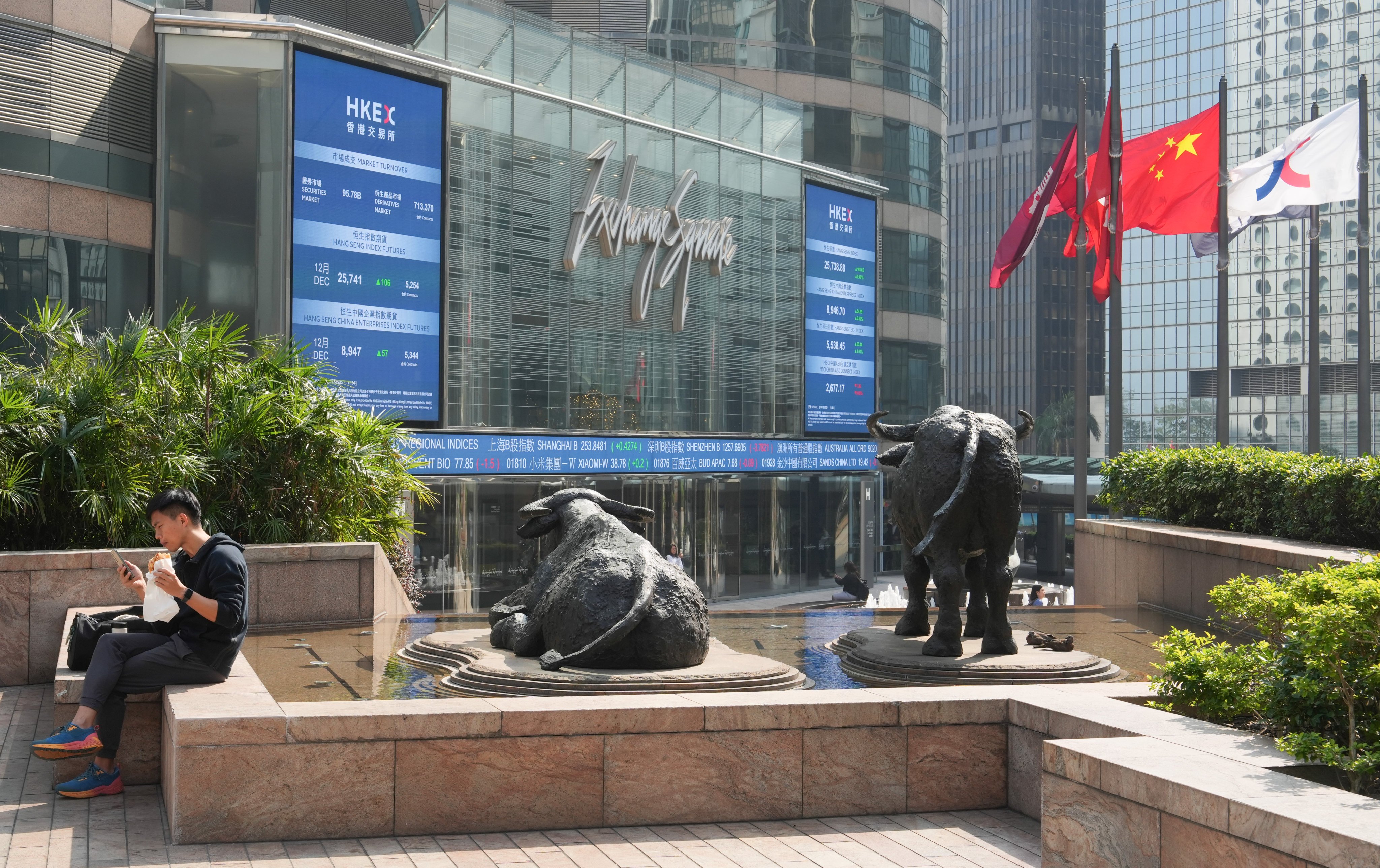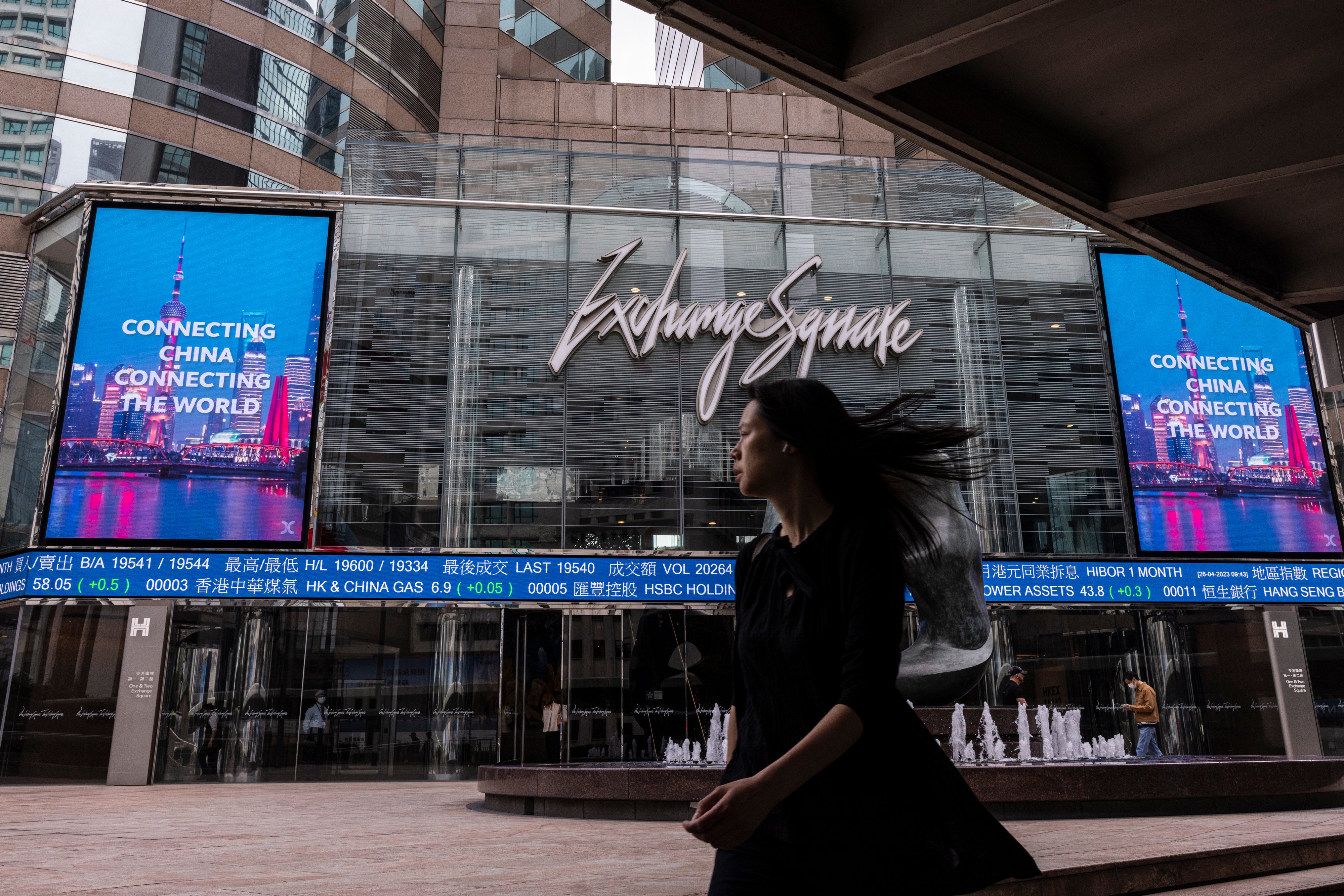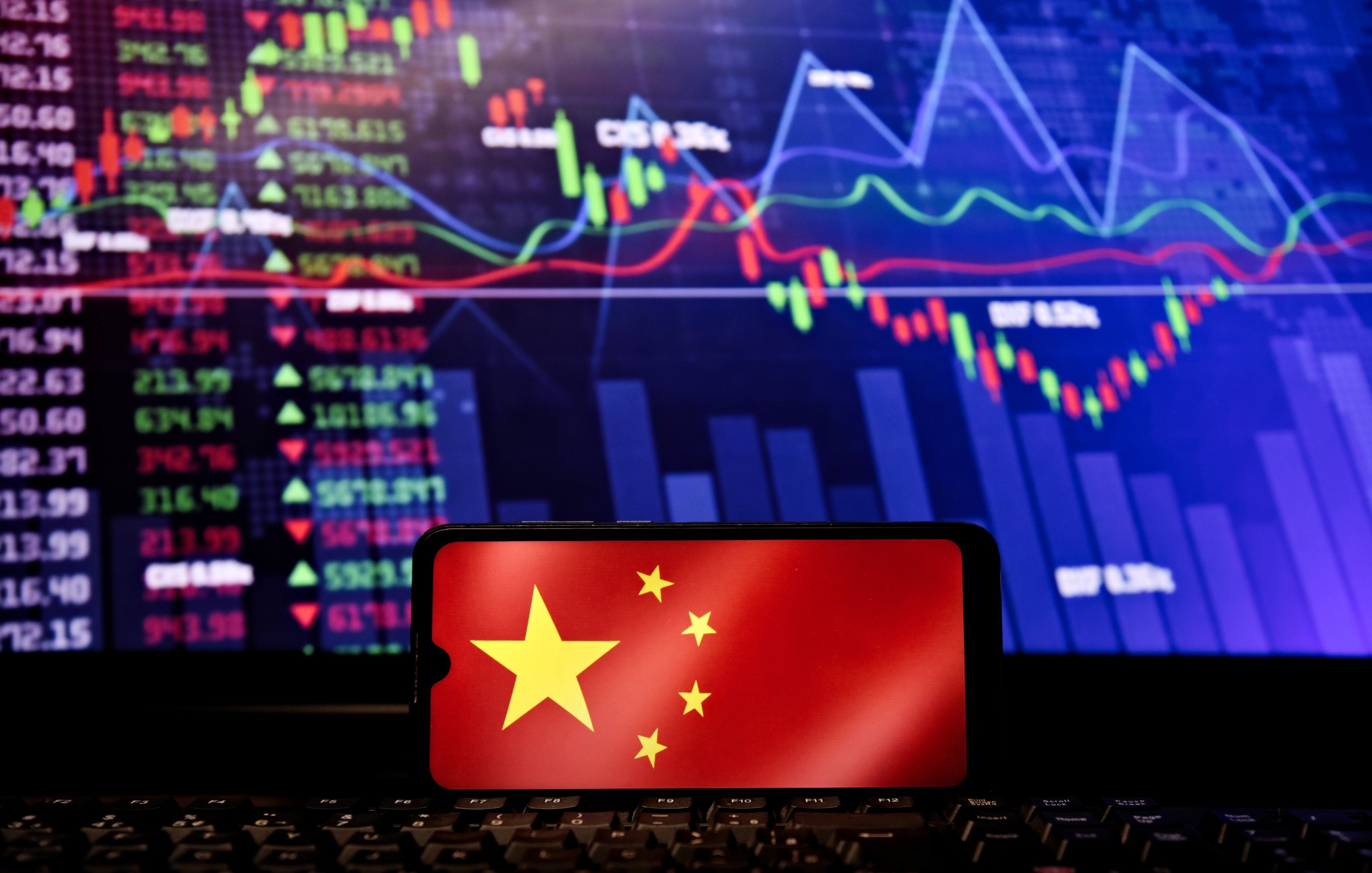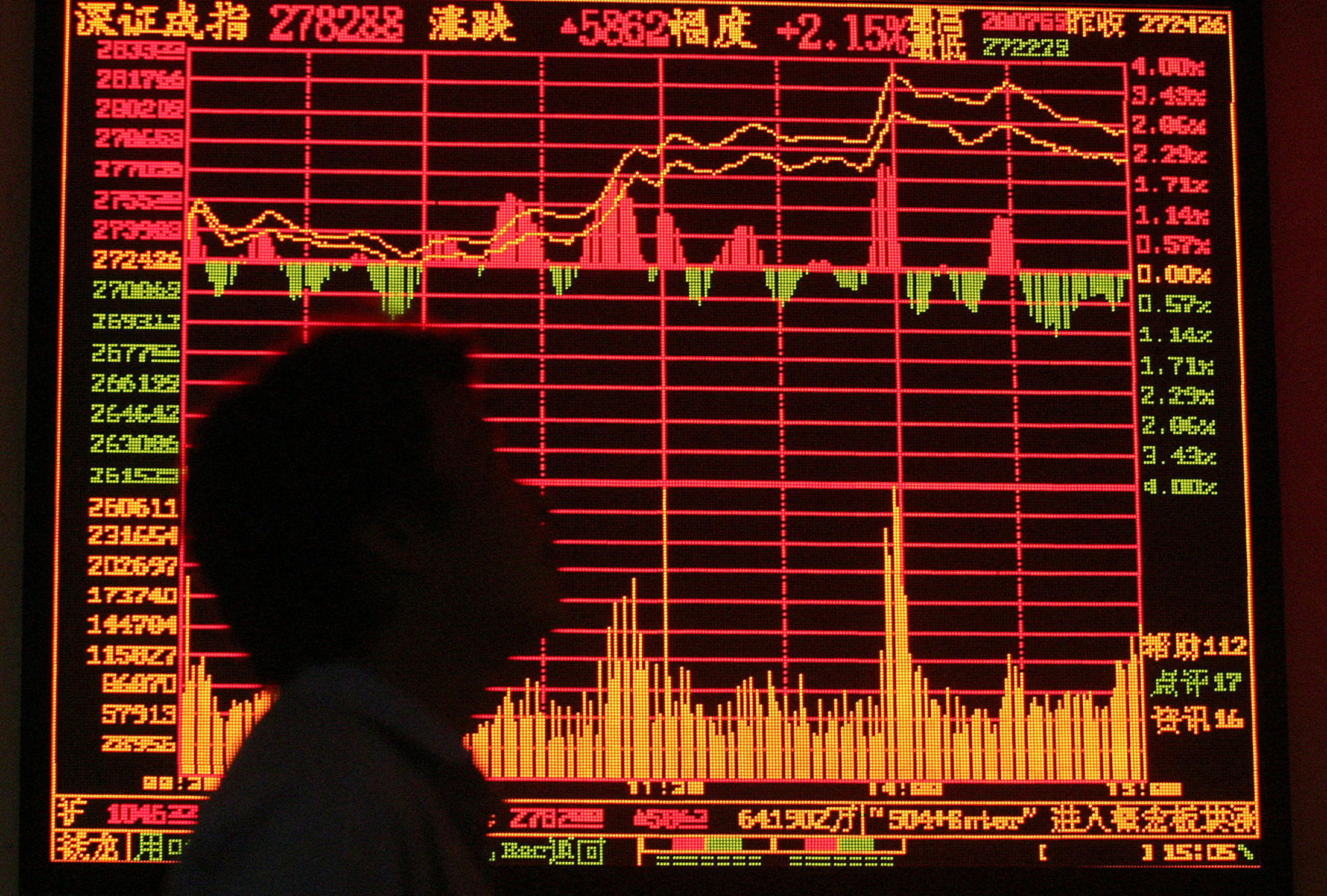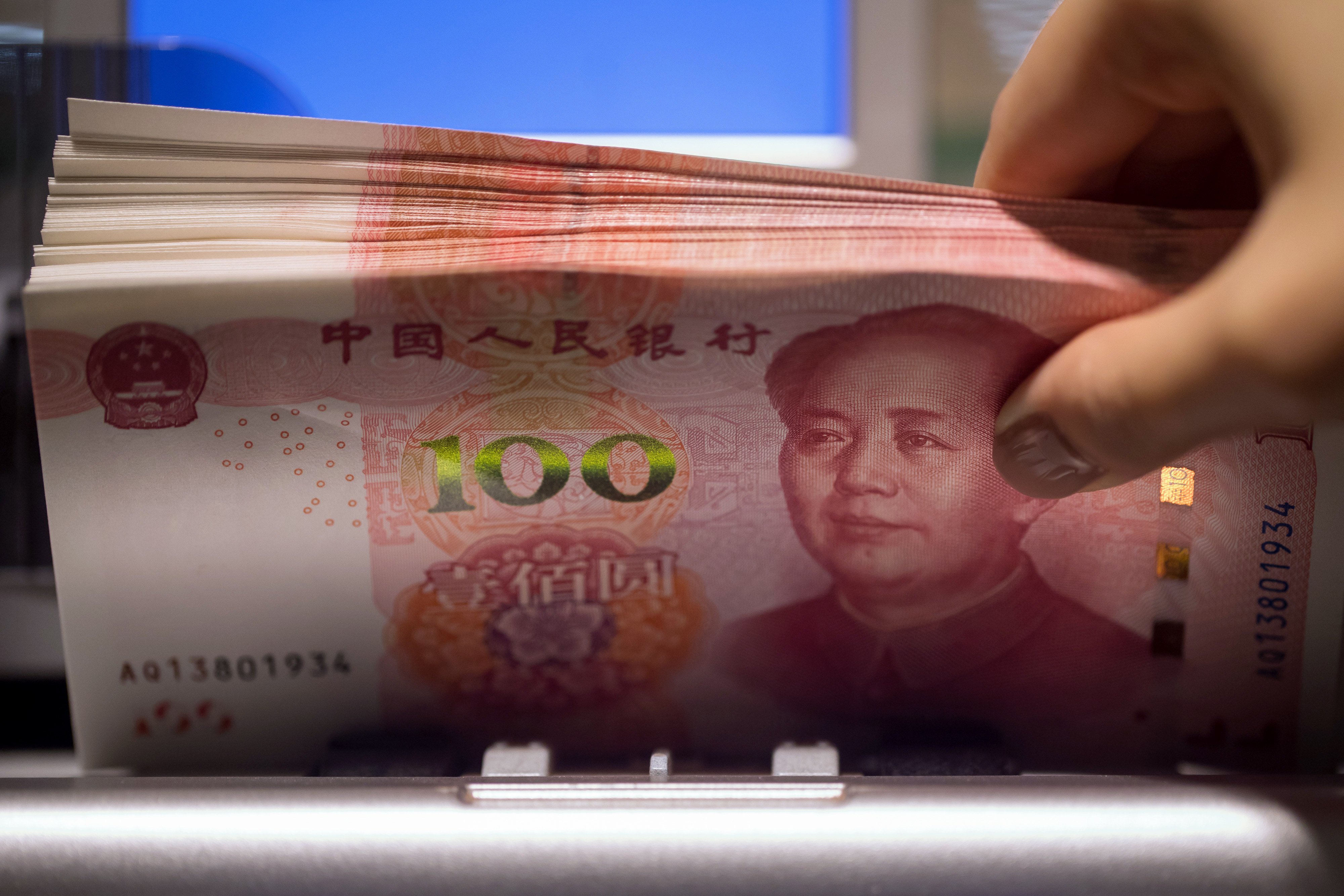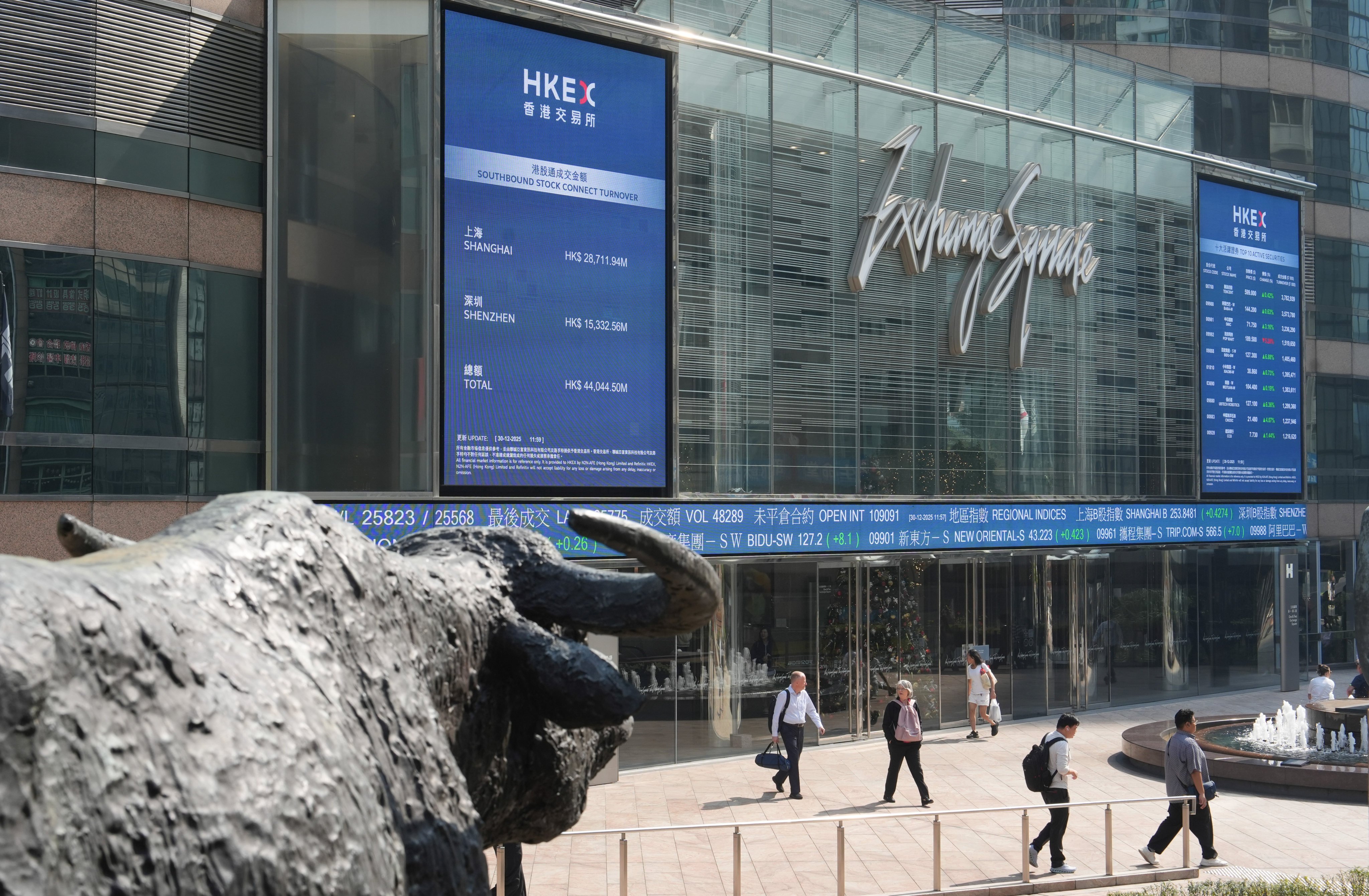TOPIC
Shanghai Stock Index
Related Topics:
Shanghai Stock Index
Latest news and analysis about the benchmark stock indices of the Shanghai equity market, including the Shanghai Composite Index, the Shanghai A-Share Index and the Star Market for technology start-ups
Help preserve 120 years of quality journalism.
SUPPORT NOWAdvertisement
Advertisement
Advertisement
Advertisement
Advertisement
Advertisement
Advertisement
Advertisement
Advertisement
Advertisement
Advertisement
Advertisement

